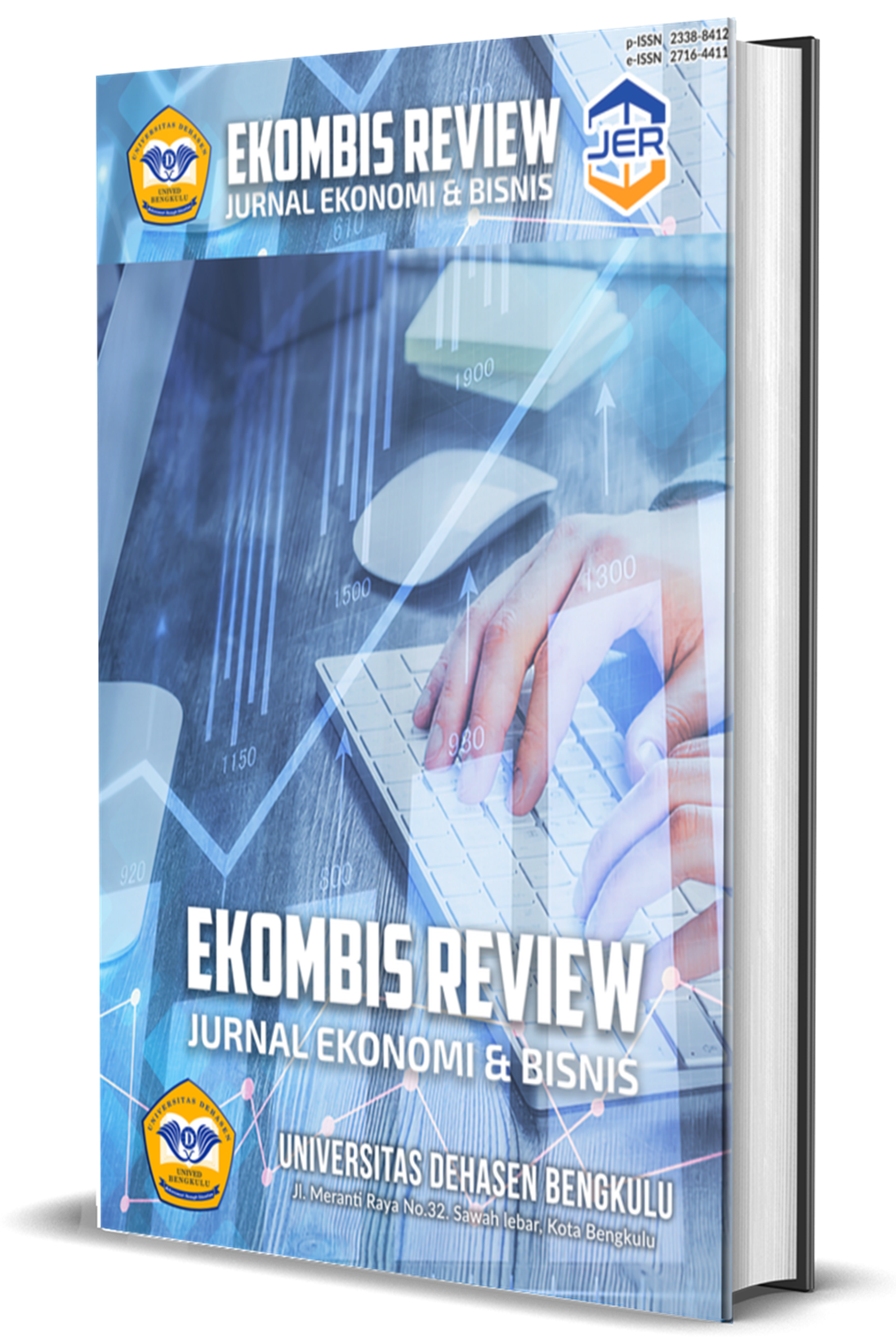Exploring Digital Financial Capability: Evidence From Gen-Z In Surabaya
Abstract
This paper explores the financial capability (DFC) of Gen Z in the digital era. Given the rise of digital financial service use during COVID-19, many individuals still lack the necessary skills to manage their finances effectively. The objective of this paper is to examine whether digital financial literacy (DFL) has a significant impact on DFC, with the mediation of digital financial attitude (DFA), financial self-efficacy (FSE), and digital skills (DS). An exploratory was employed, with 98 valid responses from Gen Z participants collected via Google Form. The data were analyzed using Partial Least Squares Structural Equation Modeling (PLS-SEM). The results indicate that DFL has a significant positive effect on DFA and FSE, which in turn positively influence DS. Moreover, DS is found to significantly enhance DFC, establishing the importance of digital skills in the financial domain. These findings underscore the necessity of integrating digital financial education and skills training into programs targeting Gen Z. The study highlights the crucial link between financial literacy and capability in the digital age, suggesting avenues for future research and policy development to enhance financial inclusion and literacy.
Downloads
Copyright (c) 2025 Pedro Rezo Santoso, Yuanita Ratna Indudewi

This work is licensed under a Creative Commons Attribution-ShareAlike 4.0 International License.
An author who publishes in the EKOMBIS REVIEW: Jurnal Ilmiah Ekonomi dan Bisnis agrees to the following terms:
Author retains the copyright and grants the journal the right of first publication of the work simultaneously licensed under the Creative Commons Attribution-ShareAlike 4.0 License that allows others to share the work with an acknowledgement of the work's authorship and initial publication in this journal
Submission of a manuscript implies that the submitted work has not been published before (except as part of a thesis or report, or abstract); that it is not under consideration for publication elsewhere; that its publication has been approved by all co-authors. If and when the manuscript is accepted for publication, the author(s) still hold the copyright and retain publishing rights without restrictions. For the new invention, authors are suggested to manage its patent before published. The license type is CC-BY-SA 4.0.
EKOMBIS REVIEW: Jurnal Ilmiah Ekonomi dan Bisnis is licensed under a Creative Commons Attribution-ShareAlike 4.0 International License.














